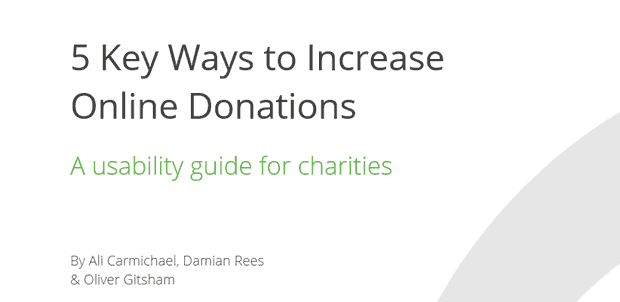
We have put together a free ebook to help non-profit organisations increase online donations. Having spent over 100 hours studying users performing usability tests on non-profit websites, we have a wealth of useful insights to share. This guide outlines small changes that can be made to charity websites, which will encourage a user to donate. It also outlines what is likely to make a customer abandon their donation.
In this post we provide a snippet from the book. You can read Chapter 1 below and then simply Pay with a Tweet to download the full eBook.
Chapter 1 – What, How and Why?
Over the course of our observational research, we found many users would search for a specific cause, social issue or medical condition they were concerned about e.g. cancer.
When reviewing the different charities, users often wanted to answer some core questions about who the charity is and what they offer. We noticed that users had three core questions they were looking to answer on their first visit to the charity website:
1. Who are they?
2. What do they do?
3. How good are they at doing it?
We repeatedly found examples of charity websites that weren’t clear about who they were, what they did, how they did it, or why they were doing it. This information was buried deeper in the website and it was difficult for users to find.
This left potential donors struggling to understand what each charity did to solve the problem they were researching and immediately created a barrier to donation.
Charity website users need to see a clear mission statement along with examples of projects and initiatives the charity runs to support the cause. Follow these three simple rules:
1. State who you are
2. State what you do
3. State how you are doing it
Here are three examples of websites doing it well:
Arthritis Research UK
There is a clean and obvious heading on the home page of Arthritis Research UK titled “What does Arthritis Research UK do?”
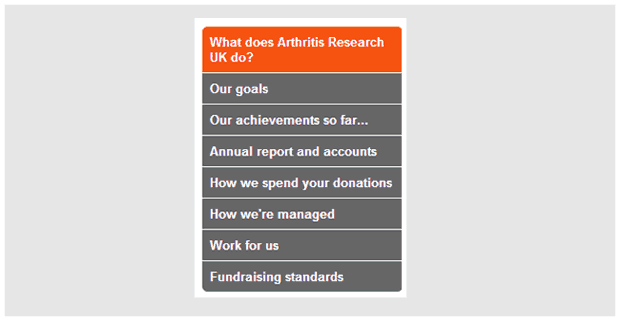
Arthritis Research UK has a mission statement that clearly and succinctly explains who they are and what their aims are, in just two sentences.
Arthritis Research UK give a summary of the projects they are currently funding and a clear example of a successful project which has revolutionised the treatment of inflammatory arthritis worldwide.
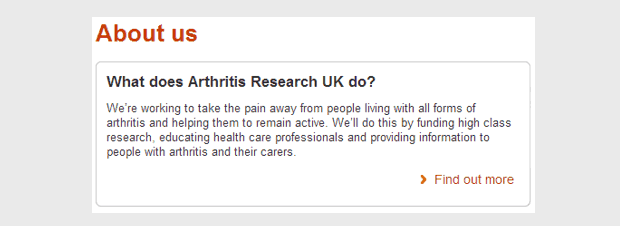
They also have a search tool, that is useful for visitors interested in a specific project or grant.
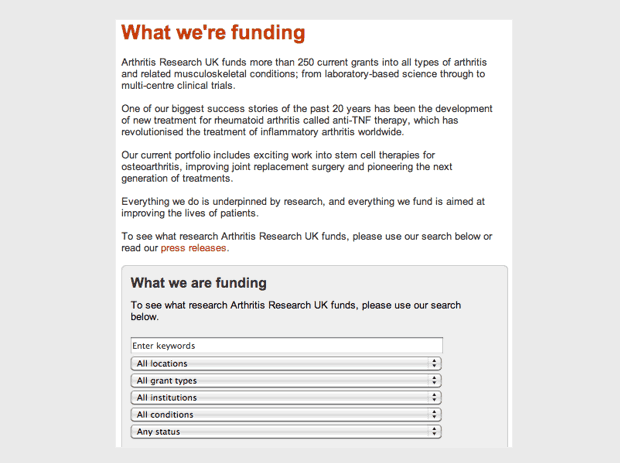
Arthritis UK has clearly stated their aims and how they go about reaching them. All of this is very easy to find from the homepage.
The Dogs Trust
The Dogs Trust show that they were founded in 1891 and they have a long history. Their simple mission statement is to “bring about the day when all dogs can enjoy a happy life, free from the threat of unnecessary destruction.”
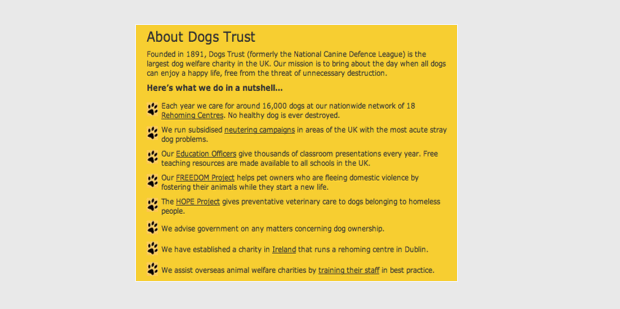
The Dogs Trust repeat statements about themselves and use several straplines throughout their website such as ‘No Healthy dog is ever destroyed’ or ‘Help us give a happy home to thousands of stray and abandoned dogs’. This ensures their message is clear.
The Dogs Trust use a simple list of bullet points to demonstrate what they do. Such as caring for 16,000 dogs in 18 Rehoming centres. This information is easy to find from the home page.
Save The Children
Save the Children have a very clear “About Us” Tab on the homepage. This displays their mission statement “We save children’s lives. We fight for their rights. We help them fulfil their potential.”
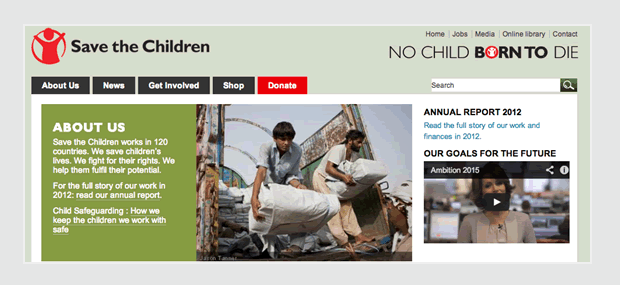
They also very clearly state what they do and how they have helped.
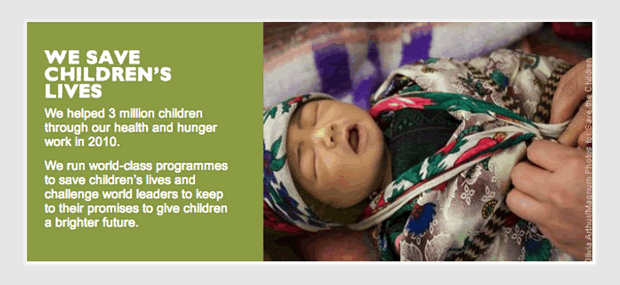
Summary of Chapter 1
1. State who you are
2. State what you do
3. State how you are doing it
4. Make sure users can find this information easily and quickly from the homepage

